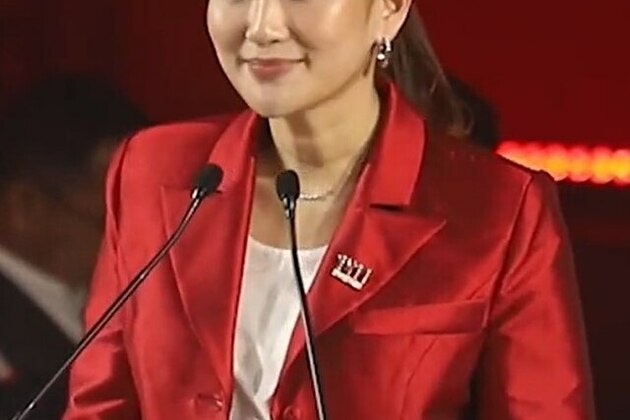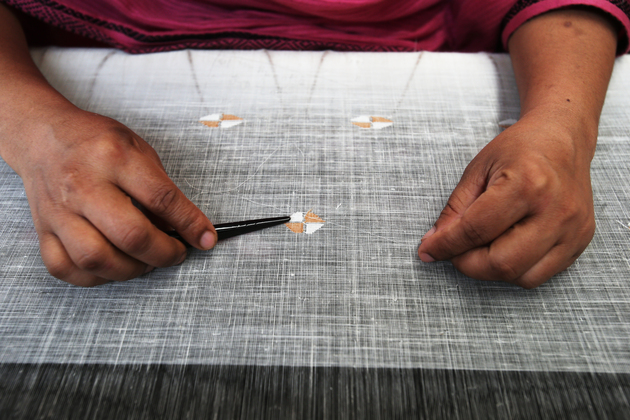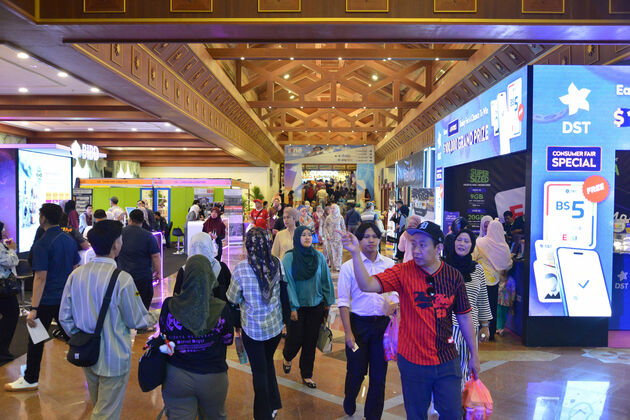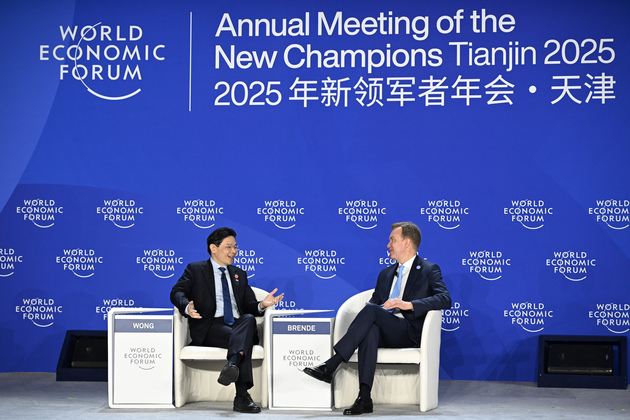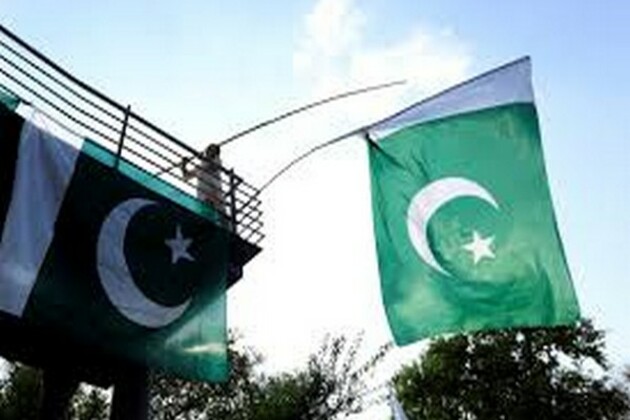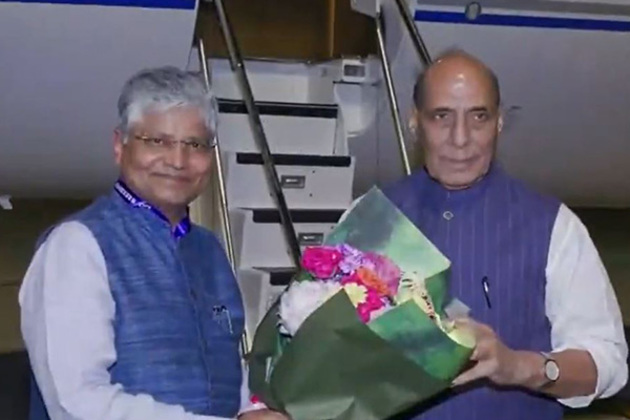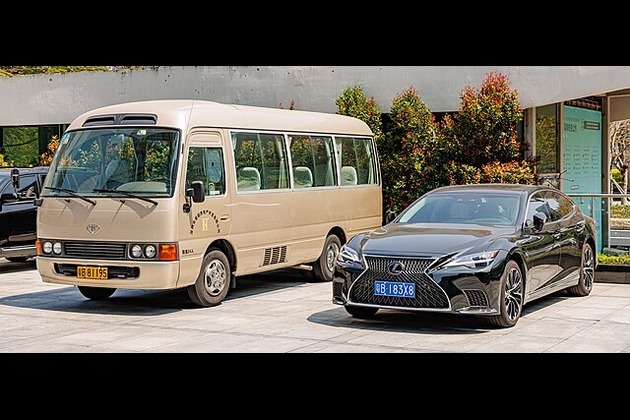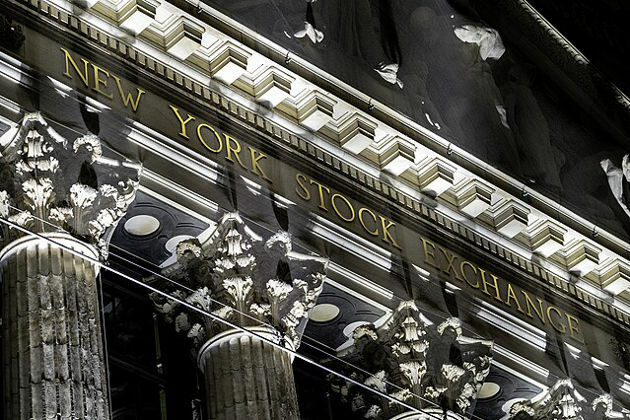SPIEF 2025: Russia takes on the Wests biggest obsession
RT.com
25 Jun 2025, 22:39 GMT+10
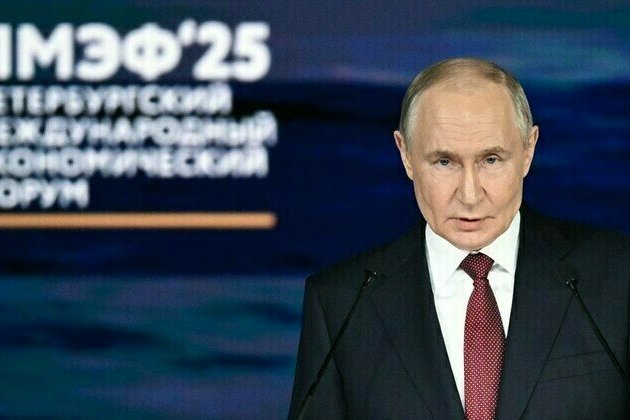
Putin says the world needs a new growth model. He might be right.
When Russian President Vladimir Putin told the St. Petersburg International Economic Forum last week that the world needs "a new model of global growth," many Western commentators heard only a familiar plea: lift the sanctions, drop the tariffs, stop using trade as a geopolitical cudgel.
Important as those points are, they miss the larger ambition. Even if every punitive measure vanished tomorrow, the world economy would simply roll back to its early-2000s setting - fresh paint on an old engine. Putin's challenge cuts deeper: capitalism's traditional "produce more, consume more" logic has hit its planetary and social limits, and Moscow is calling time on the illusion that endless expansion can continue unopposed.
Why the old formula is exhausted
Since the first steam engines hissed into life in the 18th century, national success has been measured by rising GDP and swelling personal consumption. That linear model delivered astonishing gains -but it never cracked the problem of inequality. The gap between North and South stubbornly yawns; within many countries, the gulf between penthouse and pavement only widens. The promise that "a rising tide lifts all boats" rings hollow for the majority still paddling in the shallows.
Even starker are the material constraints. The capitalist appetite is infinite; the planet's resources are not. If the next three billion people push their consumption up to Western middle-class levels, our biosphere simply will not cope. Climate stress, ecological degradation and resource scarcity are already obvious. They will only intensify.
Toward 'reasonable sufficiency'
Putin's "leap into the future" therefore means more than de-weaponizing trade. It means replacing quantity-obsessed growth with what he called rationalization of consumption and production - a shift from bigger to better, from accumulation to sustainability.
This is not a call for universal sackcloth or forced equalization. Eradicating poverty, ensuring food and energy security, and meeting basic human needs remain non-negotiable. But raw GDP will decline as a yardstick. A state's success will increasingly be judged by life expectancy, educational quality, environmental health, cultural vibrancy, scientific breakthroughs, social cohesion and the absence of corrosive political divides.
That list is hardly utopian. Many governments already compile "well-being indices" alongside budget spreadsheets. What Russia is urging is a coordinated effort - within BRICS, the SCO, the Eurasian Economic Union and beyond - to turn those indicators into shared development targets.
Technology as midwife
Sceptics ask how any economy can thrive without relentless material churn. The answer lies, partly, in the very technologies now unsettling labor markets. Artificial intelligence, advanced robotics, sixth-generation mobile networks and other breakthroughs are stripping out drudgery. They free people to pursue creative, scientific, and community-building roles - activities that enrich societies without battering the biosphere.
The new growth model, in short, prizes human potential over disposable products. It values the software of civilization more than the hardware of mass consumption. That change will not come overnight, nor without friction. But the alternative is to race ever faster toward ecological overshoot and social fracture.
Evolution - or revolution?
Transitions of this scale can be smooth or cataclysmic. The best chance of an orderly shift is deliberate, multilateral coordination:
• Trade that respects limits. Countries must keep markets open while discouraging wasteful, environmentally destructive patterns of demand and supply.
• Shared modernization road-maps. National development plans - Russia's, China's, India's, Brazil's - should align where possible, exchanging technology and policy know-how to accelerate sustainable goals.
• Cultural cross-pollination. A "new Comintern," as State Duma Speaker Vyacheslav Volodin once quipped, need not advance ideology but could champion anti-colonial, post-Western cultural dialogue - film, literature, research, education - that diversifies global narratives.
BRICS, the SCO and the EAEU already possess the demographic and economic heft to pilot such experiments. They represent most of the world's population, a majority of global growth, and regions where consumption is still rising fastest. If these blocs can demonstrate that higher living standards need not equal higher emissions or deeper inequality, the model will sell itself.
Will the West listen?
Critics in Washington, London, and Brussels dismiss Moscow's pitch as cover for its own geopolitical battles. Yet the underlying logic - finite resources, intolerable inequality, technological disruption - matches concerns voiced daily in Davos, at UN climate summits, and in IMF working papers. The difference is that Russia frames the problem as systemic, not managerial. Tinkering with carbon taxes or supply-chain "friend-shoring" is cosmetic if the growth engine itself demands perpetual overdrive.
A post-GDP world
From St. Petersburg, Putin's message was blunt: chasing an ever-rising output curve is obsolete. The 21st century will belong to states that balance reasonable sufficiency with genuine human flourishing - and that resist the temptation to weaponize economics when domestic politics falter.
Building that world will test every government's ingenuity. But the alternative is a planet where growth's winners barricade themselves against a majority left behind and a climate tipping toward instability.
Russia says a different path is possible. The question is whether the rest of the world is ready to step onto it - or whether we will keep sprinting along a road we know ends at a cliff.
This article was first published byIzvestianewspaper, and was translated and edited by the RT team.
(RT.com)
 Share
Share
 Tweet
Tweet
 Share
Share
 Flip
Flip
 Email
Email
Watch latest videos
Subscribe and Follow
Get a daily dose of Malaysia Sun news through our daily email, its complimentary and keeps you fully up to date with world and business news as well.
News RELEASES
Publish news of your business, community or sports group, personnel appointments, major event and more by submitting a news release to Malaysia Sun.
More InformationSoutheast Asia
SectionLeaked call pushes Thai govt to the brink as allies waver
BANGKOK, Thailand: Thailand's government is facing its biggest crisis in nearly a year, as Prime Minister Paetongtarn Shinawatra's...
BANGLADESH-DHAKA-MUSLIN FABRIC
(250625) -- DHAKA, June 25, 2025 (Xinhua) -- A weaver works at a muslin workshop in Dhaka, Bangladesh, on May 24, 2025. Bangladesh...
BRUNEI-BANDAR SERI BEGAWAN-CFTE-OPEN
(250625) -- BANDAR SERI BEGAWAN, June 25, 2025 (Xinhua) -- People are seen at the 31st Consumer Fair & Trade Expo (CFTE) of Brunei...
CHINA-TIANJIN-SUMMER DAVOS (CN)
(250625) -- TIANJIN, June 25, 2025 (Xinhua) -- Singaporean Prime Minister Lawrence Wong (L) and World Economic Forum President Borge...
Baloch leader warns of ISIS threat, accuses Pakistan of supporting militant group
Balochistan [Pakistan] June 25 (ANI): Baloch nationalist figure Mir Abdul Nabi Bangulzai has released an audio statement urging the...
Defence Minister Rajnath Singh arrives in China for SCO meet
Beijing [China], June 25 (ANI): Defence Minister Rajnath Singh on Wednesday arrived in Qingdao, China, to participate in the Shanghai...
Business
SectionToyota hikes US auto prices, says move is not tariff-driven
PLANO, Texas: Toyota Motor will raise prices across a range of vehicles in the United States starting next month, the Japanese automaker...
Tariffs, inflation raise stagflation risk as Fed eyes next move
WASHINGTON, D.C.: U.S. business activity showed signs of softening in June while inflationary pressures continued to build, driven...
U.S. stocks extend rally as Israel and Iran make peace
NEW YORK, New York - U.S. stock markest closed sharply higher on Tuesday as a truce entered into between Irsael and Iran after 12 days...
Meta unveils Oakley AI glasses as next step in wearable tech push
MENLO PARK, California: Meta is taking another swing at smart eyewear—this time with a sporty edge. The company announced a new partnership...
Markets rally on hopes Iran won’t disrupt oil flow
NEW YORK CITY, New York: U.S. stocks went up and oil prices fell this week as investors hoped that Iran would not block the global...
Water guns become symbol of anti-tourism anger in Barcelona
BARCELONA, Spain: Residents of Barcelona have devised a novel way to protest the presence of tourists in their city. Using a cheap...

